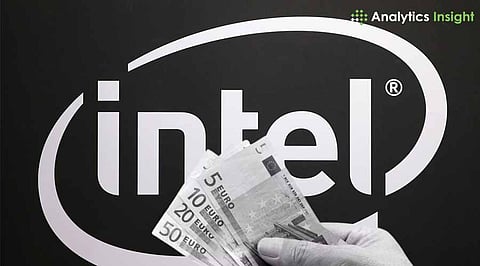

The fifteen-year-long fight has finally ended for Intel, the leading technology company that has been reigning in the world of computer chips for decades. To date, no one is even closer to Intel when it comes to chipsets.
This long-term feud started in 2009, with the first European Union accusing Intel, and then Intel sued the EU for compensation. When it was started, none of the parties probably thought it would be stretched this long, but it did and announced Intel's legal victory.
Intel is one of the most trusted companies to make components for laptops and desktops. However, in 2009, the European Union blamed Intel for engaging in anti-competitive practices between 2002 and 2007. It even filed a €1.06 billion compensation from this American tech behemoth for using rebates and suppressing AMD and other competitors using unethical means.
This issue was further stretched. In 2014, Intel challenged this decision, but because of some turns and twists, immediately no decision came. A few years later, in 2022, the General Court of the European Union discovered significant flaws in the calculation of the EU and dropped the most amount, except for the $386 million.
While the main accusation was Intel’s use of rebates to suppress other competitors, the commission failed to produce enough evidence to prove its negative impact. Therefore, Intel got the relaxation. Following this judgment, Intel appealed to recover the interest it had paid on the original amount.
The EU didn’t let go of it easily. Again, it appealed to Europe’s top court regarding this matter, but, in 2024, the court dismissed the case with the verdict saying, “The Court of Justice dismisses the Commission’s appeal, thereby upholding the judgment of the General Court.” After this defeat, the EU gave up.
Finally, EU antitrust chief Teresa Ribera has confirmed that the EU has paid Intel $536 million as interest, which marks a significant milestone for this tech behemoth in this ever-increasing competitive market. In fact, at this crucial juncture, where Intel is reportedly going through some financial crisis, this huge compensation amount will help the company deal with internal problems.
Paying Intel this half a million indicates that this fight has finally reached its conclusion with the EU admitting its fault in accusing the chipmaker company more than a decade back.
Not only that, it has raised confusion regarding the EU’s operations and the way this commission handles competition law cases. Even after these cases and fines, to date, Intel is surviving in a competitive market with AMD as a potent competitor.
Regulatory body members were opposing rebates because they thought it would result in ill competition from Intel’s side. But when it was time to prove their thought, they didn’t get enough to satisfy the court. Even EU authorities didn’t conduct proper economic research before suing Intel.
At this point, Apple and other companies are bringing new-gen technologies, which will probably beat the competitors. The legal victory of Intel will show them that the EU isn’t completely credible. It makes serious mistakes, at least when it handles competition law cases.
